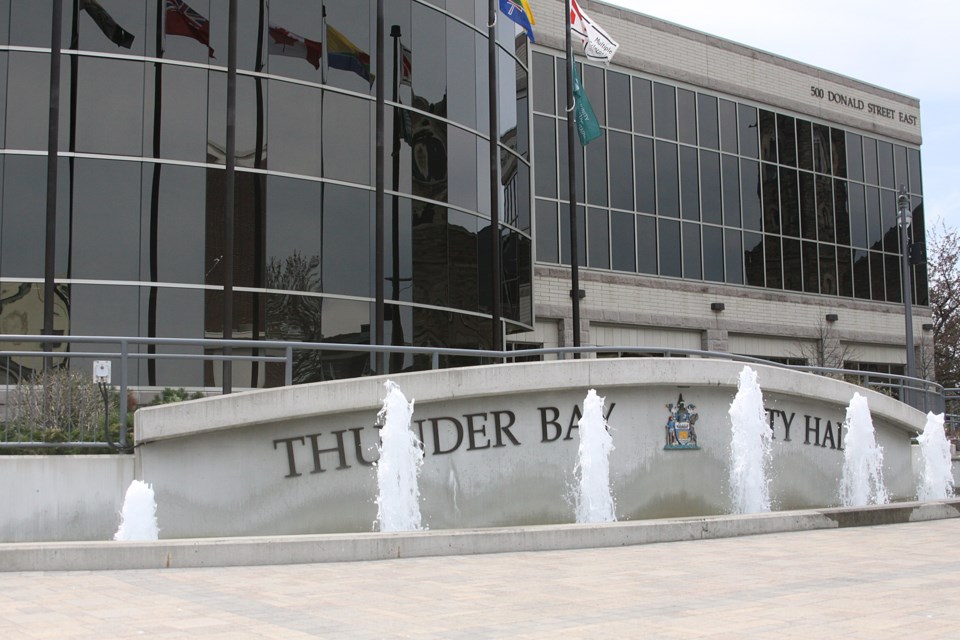THUNDER BAY – City council has started to build the foundation for how funds collected through the new hotel tax will be distributed.
Thunder Bay city council on Monday night approved designating Tourism Thunder Bay as the designated entity that will receive 50 per cent of the municipal accommodation tax revenue. Provincial legislation that granted municipalities the ability to charge the tax required half of the amount collected to go to a tourism-related non-profit organization.
In order for city tourism to be eligible to receive the funds, council had to sign off on transferring responsibility for the department to the Thunder Bay Community Economic Development Commission.
“The CEDC and the industry would work together to establish the governance structure and the rules in which the funding is used,” said Karen Lewis, the city’s director of corporate strategic services. “That funding would go to the entity and they would determine the use of those funds.”
The report to council identified sport and corporate event bid support and hosting, financial capital investments in large-scale community tourism infrastructure, cultural event development and financial support for new product development as examples of possible ways that money could be allocated.
Coun. Rebecca Johnson was concerned that money could replace the tourism department’s annual budget.
“I don’t want to see the tourism budget decrease because they have another source of income,” Johnson said.
City manager Norm Gale responded that administration does not intend for that to happen, explaining the tax revenue should not negatively impact tourism’s operating funding.
Doug Murray, the chief executive officer of the CEDC, said there is a fit for the tourism department within his organization.
“There’s a whole pile of tourist related businesses that we’ve started up in the last six to eight months,” Murray said.
“How many more could we start up, working with (tourism manager Paul Pepe) and that group? What other opportunities, what are the things that are missing as we go forward and looking at our portfolio of destination product marketing?”
The remaining 50 per cent of the revenue collected would be directed to a new reserve fund, which will be created with the mandate of financing city infrastructure projects that promote tourism and provide benefit to residents and visitors.
The four per cent tax, which was approved by council earlier this year, will come into effect at the beginning of September for all short-term accommodation stays of under 30 days. Lakehead University, which rents out its dormitories during the summer months, is exempt, though administration said they are engaged in discussion about the university voluntarily collecting the tax for those stays.
The municipal accommodation tax is projected to generate $2 million annually.
The city last year had a hotel occupancy rate of 73.2 per cent, with a 90 per cent rate in July and August that was the third-highest in the country.
